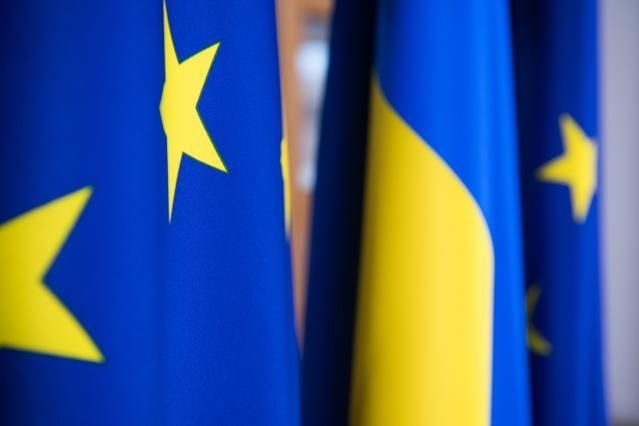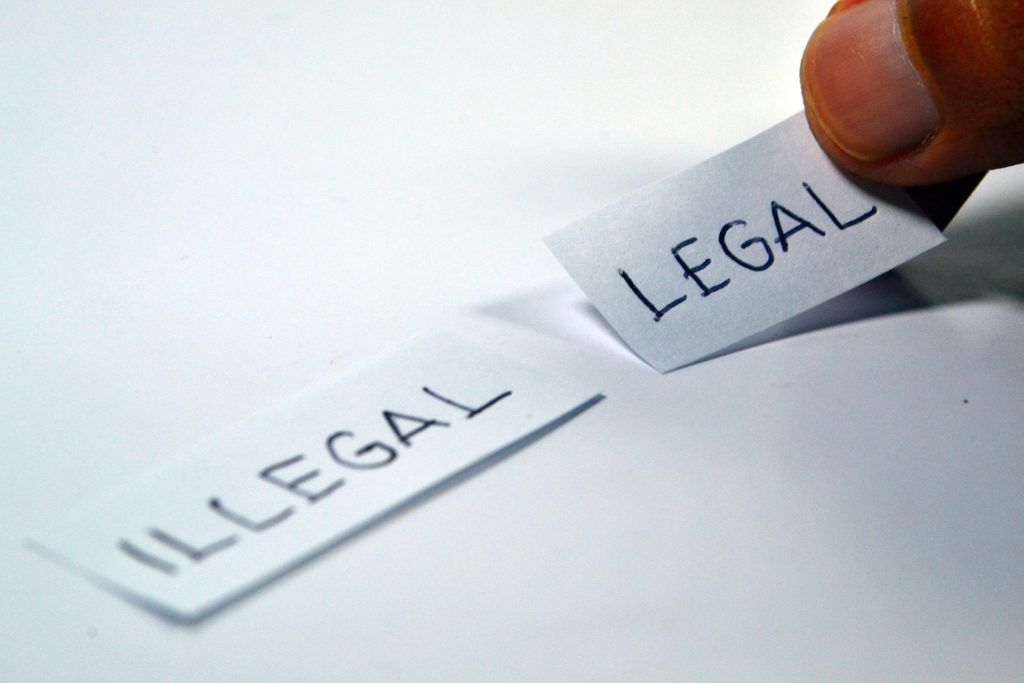Last Wednsday, the European Commission proposed to add the violation of EU restrictive measures to the list of EU crimes. The Commission is also proposing new reinforced rules on asset recovery and confiscation, which will also contribute to the implementation of EU restrictive measures. While the Russian aggression on Ukraine is ongoing, it is paramount that EU restrictive measures are fully implemented and the violation of those measures must not be allowed to pay off. The proposals aim to ensure that the assets of individuals and entities that violate the restrictive measures can be effectively confiscated in the future. The proposals come in the context of the ‘Freeze and Seize’ Task Force, set up by the Commission in March.
Making the violation of EU restrictive measures an EU crime
Firstly, the Commission is proposing to add the violation of restrictive measures to the list of EU crimes. This will allow to set a common basic standard on criminal offences and penalties across the EU. In turn, such common EU rules would make it easier to investigate, prosecute and punish violations of restrictive measures in all Member States alike.
The violation of restrictive measures, meets the criteria set out in Article 83(1) TFEU, as it is a crime in a majority of Member States. It is also a particularly serious crime, since it may perpetuate threats to international peace and security, and has a clear cross-border context, which requires a uniform response at EU level and global level.
Accompanying the proposal, the Commission is also setting out how a future Directive on criminal sanctions could look like in a Communication with an Annex. The potential criminal offences could include: engaging in actions or activities that seek to directly or indirectly circumvent the restrictive measures, including by concealing assets; failing to freeze funds belonging to, held or controlled by a designated person/entity; or engaging in trade, such as importing or exporting goods covered by trade bans.

European Union facing the invasion of Ukraine |
Once the EU Member States agree on the Commission’s initiative to extend the list of EU crimes, the Commission will present a legislative based on the accompanying Communication and Annex.
Reinforcing EU rules on asset recovery and confiscation to EU restrictive measures
Secondly, the Commission is putting forward a proposal for a Directive on asset recovery and confiscation. The core objective is to ensure that crime does not pay by depriving criminals of their ill-gotten gains and limiting their capacity to commit further crimes. The proposed rules will also apply to the violation of restrictive measures, ensuring the effective tracing, freezing, management and confiscation of proceeds derived from the violation of restrictive measures.

Special Address by President von der Leyen at the World Economic Forum |
The proposal modernises EU asset recovery rules, among others, by:
- Extending the mandate of Asset Recovery Offices to swiftly trace and identify assets of individuals and entities subject to EU restrictive measures. These powers will also apply to criminal assets, including by urgently freezing property when there is a risk that assets could disappear.
- Expanding the possibilities to confiscate assets from a wider set of crimes, including the violation of EU restrictive measures, once the Commission proposal on extending the list of EU crimes is adopted.
- Establishing Asset Management Offices in all EU Member States to ensure that frozen property does not lose value, enabling the sale of frozen assets that could easily depreciate or are costly to maintain.
More information: Press release – European Commission







Leave a Reply